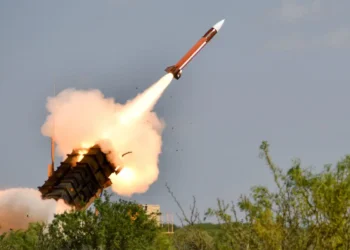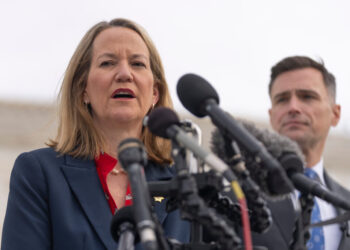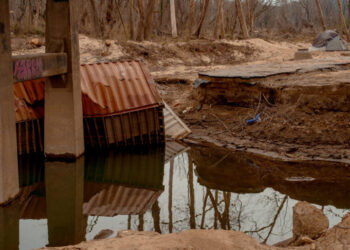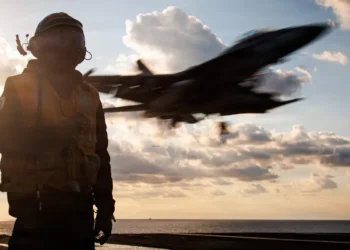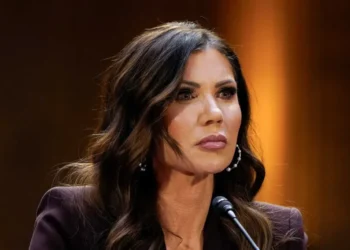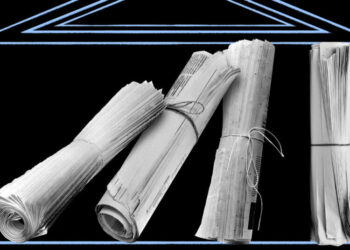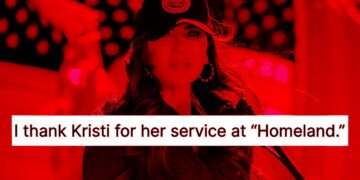Missiles are flying across the Middle East — and the air defense price tag is getting heavier
The MIM-104 Patriot system has been a key air defense system in the Middle East. US Army photo by Sgt....
Trump administration wants to streamline federal worker layoffs
The Trump administration is proposing a new rule on how the government conducts mass layoffs after last year’s cuts led...
Former Trump official on White House’s ‘challenge’ with standard practice of agreeing a rationale to go to war
Iran’s nuclear capabilities. Its ballistic missiles. Its proxies. The ruling Islamic theocracy. Israel. All of the above are part of...
When will D.C.’s cherry blossoms peak? Here’s what the Park Service says.
The iconic cherry trees decorating the nation’s capital will hit peak bloom between March 29 and April 1, the National...
ICE Barbie Shamelessly Sucks Up to Man Who Fired Her
Fired Department of Homeland Security Secretary Kristi Noem was quick to act excited about receiving a brand new made-up job...
Democratic state attorneys general sue Trump over tariffs
A coalition of Democratic-led states sued President Donald Trump on Thursday in the U.S. Court of International Trade, arguing that...
Congress realizes maybe it’s a bad idea to let presidents declare war unilaterally after decades of letting it slide
Multiple times during Donald Trump’s second presidency, Congress has debated his military authority, first in Latin America and now the...
How Noem’s Handling of Disaster Aid Angered Even Some Republicans
For months, Kristi Noem’s handling of disaster assistance as the leader of the Department of Homeland Security had been raising...
RFK Jr. Says ‘Malevolent Forces’ Can Be Beaten With ‘Sacred Ritual’ of Eating Dinner
Robert F. Kennedy Jr. has a new solution to solve the ongoing so-called “spiritual warfare” crisis. The health and human...
The Iran war is seeing big combat and weapons firsts. Here are the standouts so far.
The war in Iran has seen some landmark firsts and historic events. US Navy photoThe US war with Iran has...
